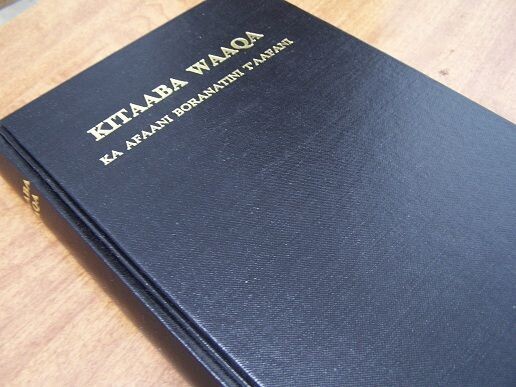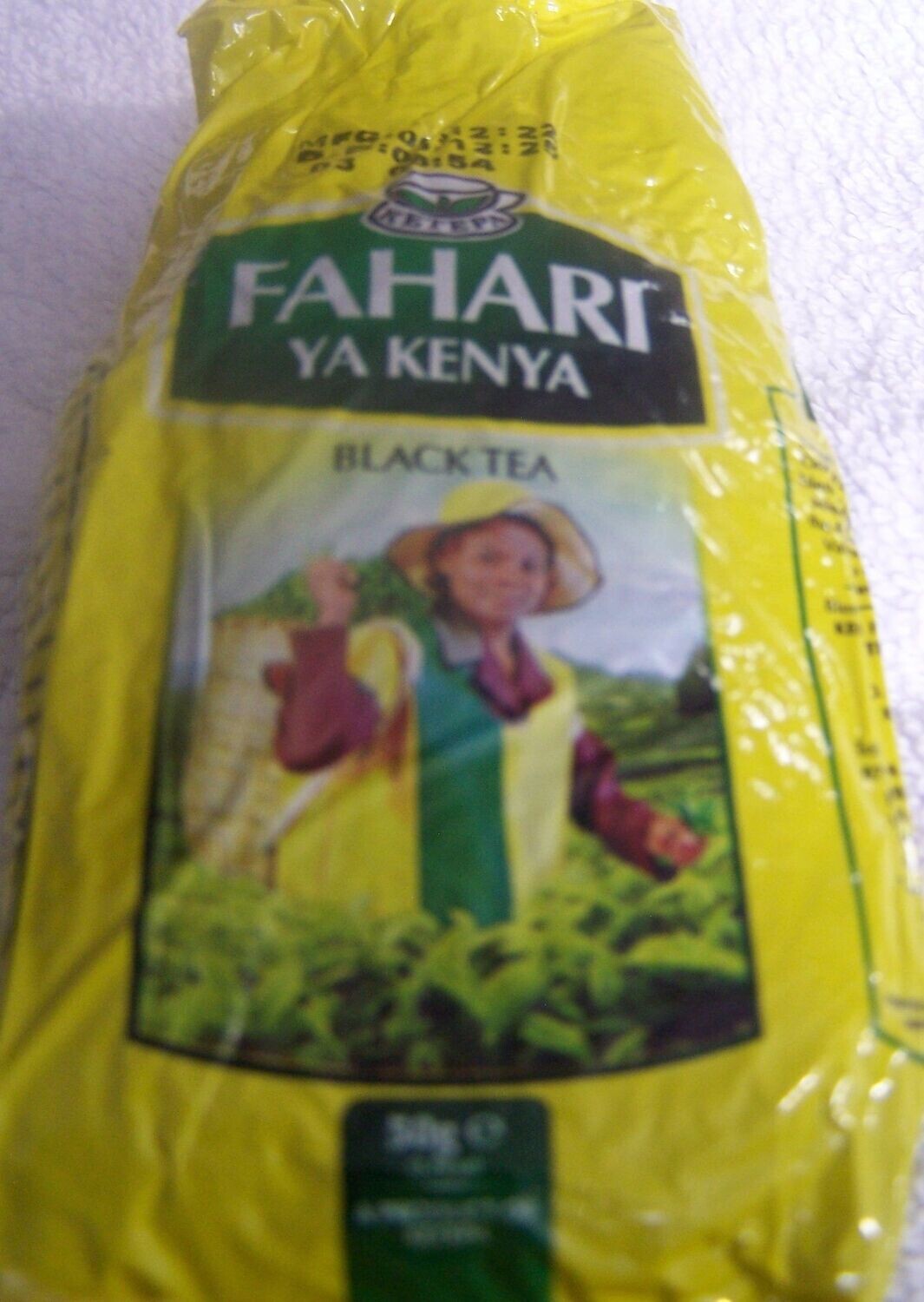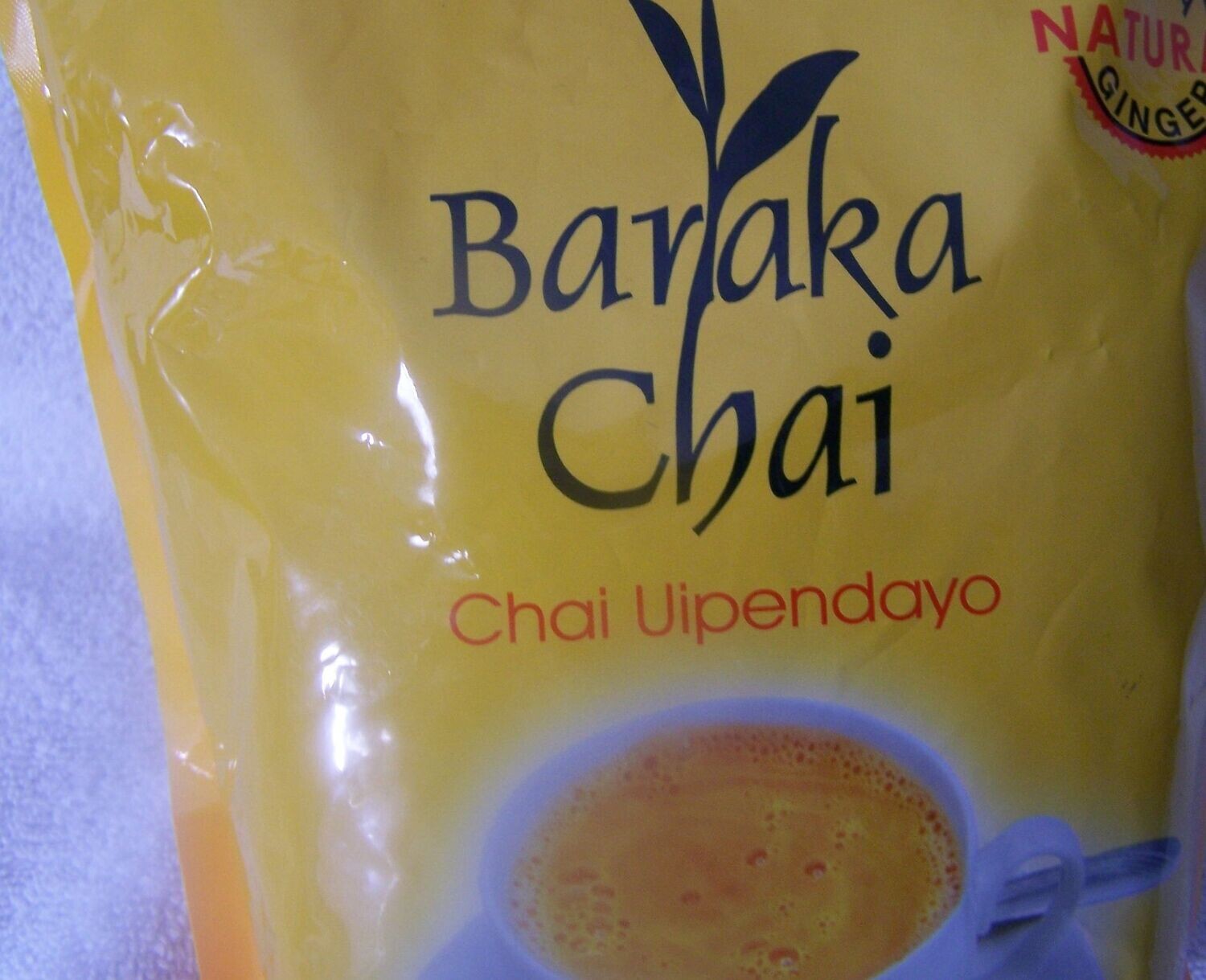call us : (603) 521-7180
-
Tenzi za Rohoni
Button -
The Lions Children's Bible
Button -
Uvoro Mwaro Kuri Andu Onthe: Embu Bible
Button -
Mitha Mugikuyu na Nyimbo Ciake
Button -
Biblia: Swahili Bible
Button -
Pipilia: Pokoot Bible
Button -
Iuku Ria Murungu: Meru Bible
Button -
Ibuku Ria Thara
Button -
Ibuku Ria Mahoya
Button -
Nyimbo Njeru cia Mitha Mugikuyu
Button -
Nyimbo Cia Kuguna Maroho
Button -
Nyimbo Standard
Button -
Nyimbo Cia Guchanjamura Ngoro
Button -
Sifuni Bwana
Button -
Mbivilia: Kaamba Bible
Button -
Wende Injili
Button -
Biblia Sinyati: Maasai Bible
Button -
Fahari ya Kenya - Black Tea
Button -
Eden Tea: The Finest Garden Tea
Button -
Melvins Pure Kenya Chai: Black Tea
Button -
Nyimbo za Injili
Button -
A Standard English Swahili Dictionary
Button -
A Standard Swahili English Dictionary
Button -
Sehemu za Biblia Kwa watoto
Button -
Swahili English Bible: New Testament
Button -
50g Dormans Supreme Granulated Instant Coffee
Button -
50g Kenya Highlands Pure Instant Coffee
Button -
50g Sasini Instant Coffee
Button
Categories
Categories
BORANA BIBLE: KITAABA WAAQA - KA AFFANI BORANATINI TAAFANI (Borana Bible)
Ganna 1978 keesa Chamani Bibilia ka Kenya, Kkitaaba qara ka Wold'aqisa Haraa ka afaani Boranatini t'aafani gadi baase, Duuba eege gannuma iti aanu ka 1979 keesa huji gargalchiiti Wold'aqisa Dullachale, jala qabatani. Duuba eegi ammalle kitaaba kana ch'ufa gargalchani, kitaaba Wold'aqisa Haraale ira deebiani qajeelchani gargalchiiti kitaaba Wold'aqisa Dullachaatini wolfakeesani.
The Borana Oromo people, also called the Boran, are a subethnic section of the Oromo people who live in southern Ethiopia ( Oromia ) and northern Kenya. They speak a dialect of the Oromo language that is distinct enough that it is difficult for other Oromo speakers to understand. The Borana people are notable for their historic Gadda political system. They follow their traditional religions or ( Ethiopian Orthodox ) Christianity and Islam.
Between the twelfth and fifteenth centuries, the Oromo people had differentiated into two major confederation of pastoral tribes: the Borana and the Barentu, and several minor ones. The Barentu people thereafter expanded to the eastern regions now called Hararghe, Arsi, Wello and northeastern Shawa. The Borana people, empowered by their Gadda political and military organization expanded in the other directions, regions now called western Shawa, Welega, Illubabor, Kaffa, Gamu Goffa, Sidamo and thereafter into what is now northern Kenya regions. The Borana further subdivided into various subgroups such as Macha, Tulama, Sadacha and others.
The Borana speak Borana (or afaan Booranaa ), a dialect of Oromo language , which is part of the Cushitic branch of the Afro-Asiatic family of languages. In the border regions of Ethiopia-Kenya and southwestern Somalia, one estimate places about 220,000 people as Boranas. Another estimate in 2011, suggests 177,000 Boranas in Ethiopia and 95,000 in Kenya.
Search here
Your Cart Content
-
Melvins Masala Chai 250g
SKU 6161102040753$19.95Buy Now -
Melvins Tangawizi Chai 250g
SKU 6161102040210$34.95Buy Now -
Melvins Pure Kenya Chai - Black Tea 250g
SKU 6161102040883$14.95Buy Now -
Eden Tea - The Finest Garden Tea 500g
SKU 6161102750003$39.95Buy Now -
Eden Tea - The Finest Garden Tea 250g
SKU 6161102750027$19.95Buy Now -
FAHARI YA KENYA - BLACK TEA 250g
SKU 600-962-97-200-03$12.45Buy Now -
FAHARI YA KENYA - BLACK TEA 500G
SKU 6009629720003$24.95Buy Now -
FAHARI YA KENYA - BLACK TEA 100g
SKU 6009629720065$9.95Buy Now -
FAHARI YA KENYA - BLACK TEA 50g
SKU 6009629720072$7.95Buy Now -
FAHARI YA KENYA - MASALA TEA 250g
SKU 6161100931305$19.95Buy Now -
FAHARI YA KENYA - MASALA TEA 100g
SKU 6161100931299$12.95Buy Now -
FAHARI YA KENYA - TANGAWIZI TEA 100g
SKU 61611009303384$12.95Buy Now -
Melvins Pure Kenya Chai - Black Tea Plus Free Tangawizi Sample 500g
SKU 6161102041156$29.95Buy Now -
Sasini Gold Tea 500g
SKU 6164000767128$39.95Buy Now -
Baraka Chai Tangawizi (Ginger Tea) 500g
SKU 6161101860369$29.95Buy Now -
KETEPA PRIDE BLACK TEA; KENYA'S FINEST TEA BAGS 100 TEA BAGS
SKU 6009629720164$14.95Buy Now -
Kericho Gold Pure Kenya Tea 100 Refreshing Tea Bags
SKU 6161101860079$14.95Buy Now -
Baraka Chai Tangawizi (Ginger Tea) 100g
SKU 6161101860383$7.95Buy Now






























































